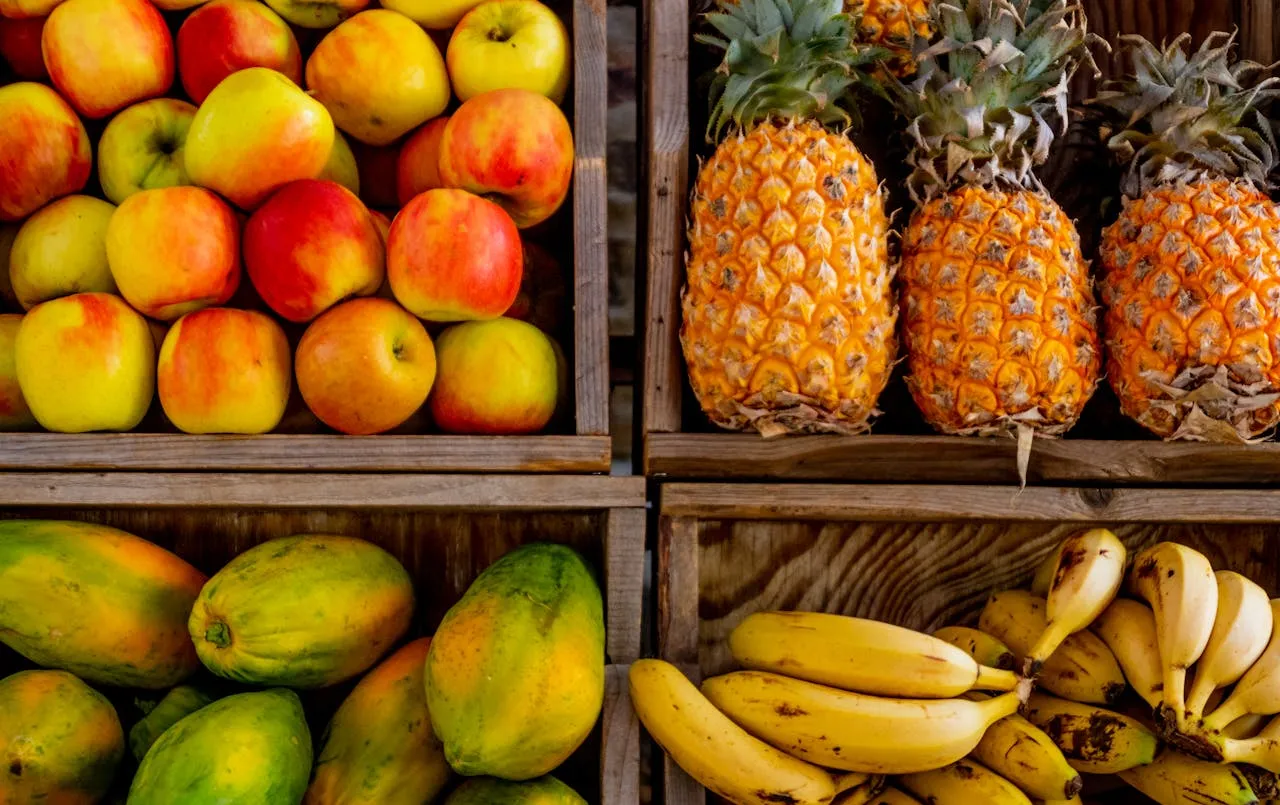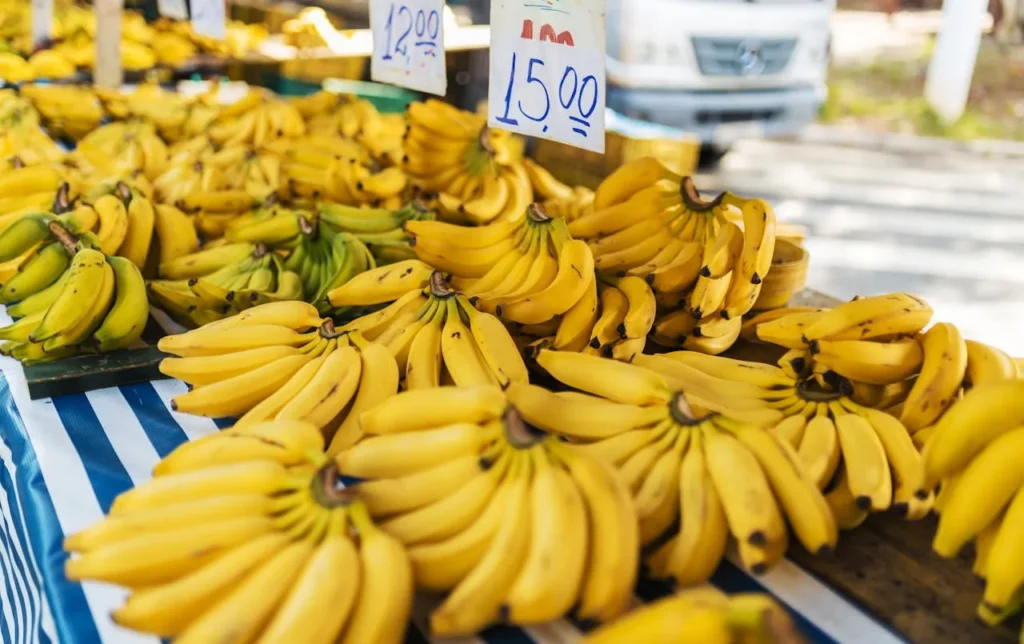
Fresh Del Monte Produce Inc. (NYSE: FDP), a global front-runner in the fresh fruit and vegetable industry, has announced a landmark logistics partnership with the CMA CGM Group, a leading worldwide provider of sea, land, air, and logistics services. This collaboration introduces a new era in fruit transportation, marked by a significant shift from the traditional breakbulk shipping method to a fully containerized logistics model for banana and pineapple exports from the Philippines to Northeast Asia—specifically, Japan and South Korea.
This strategic partnership not only strengthens supply chain efficiency but also significantly raises the bar for cold chain integrity, product freshness, and environmental sustainability. The transition to containerization is poised to transform the longstanding logistics dynamics in one of the world’s most vital fresh produce trade corridors.
Revolutionizing Banana and Pineapple Shipping with Containerized Solutions
For decades, banana and pineapple exports from the Philippines to Japan and South Korea have relied on breakbulk vessels. In this legacy system, fruits are typically loaded in large quantities into the ship’s hold, where they are more vulnerable to external elements and repeated handling during transit. These conditions often expose delicate produce to fluctuating temperatures, resulting in quality deterioration, physical damage, and increased food waste.
Now, through the partnership with CMA CGM, Fresh Del Monte is modernizing this supply chain. The new containerized approach leverages advanced refrigerated container technology to ensure consistent, precise temperature control throughout the entire shipping journey—from harvest in the Philippines to delivery in Asian retail markets. Each piece of fruit is now handled with heightened care, protected within a mobile, temperature-controlled environment that acts as a refrigerated storage unit on wheels.
“Customer satisfaction starts long before the fruit reaches the shelf—it begins with how we move it,” said Raul Saca, Senior Vice President of Global Logistics at Fresh Del Monte. “By transitioning to dedicated container vessels, we’re not only improving cold chain reliability and minimizing damage but also creating a more agile, scalable logistics model that better serves our retail partners across Asia.”
Strategic Shipping Routes Supporting Enhanced Distribution
The new containerized service operates via two vital shipping routes, managed by CNC, the Intra-Asia regional specialist of the CMA CGM Group:
- JP8 Service: This newly enhanced route provides direct, fast, and reliable shipping from Davao, Philippines, to multiple Japanese ports including Tokyo, Yokohama, Kobe, and Moji. It offers a streamlined logistics solution that ensures fresh fruit reaches Japan swiftly and in peak condition.
- BMX Service: A core route connecting Davao to Busan, South Korea, the BMX service delivers premium, stable weekly shipments to one of the most significant fresh produce markets in Asia.
These shipping lanes are specifically optimized to support cold chain continuity, minimize transit time, and maintain product integrity.
Enhancing Cold Chain Precision and Product Freshness
The containerized model offers significant advantages over breakbulk shipping. Fruits are maintained in sealed, refrigerated containers from the moment they leave the farms in the Philippines until they arrive at their final destination in Japan or South Korea. This uninterrupted cold chain minimizes exposure to harmful temperature variations and eliminates repeated handling that can bruise or damage delicate produce.
CMA CGM’s state-of-the-art cold chain technology includes CLIMACTIVE™ controlled atmosphere containers, which are designed to slow down ripening and preserve nutritional quality. These containers adjust oxygen and carbon dioxide levels within the container, allowing fruits like bananas and pineapples to retain their freshness and taste for longer periods. Additionally, CMA CGM’s smart container solutions provide customers with real-time visibility into cargo conditions—temperature, humidity, and location data—ensuring full transparency throughout the journey.
“This partnership with Fresh Del Monte reflects our shared commitment to innovation, sustainability, and customer satisfaction,” said Bo Wegener, Chief Executive Officer of CMA CGM Asia Pacific. “In addition to the advantages of containerization, CMA CGM’s deep expertise in fresh produce logistics brings added value to growers, distributors, and consumers alike.”

Sustainability at the Core: Reducing Waste and Carbon Emissions
The environmental benefits of containerized shipping are substantial. Compared to breakbulk transport, container shipping significantly reduces spoilage and fruit loss, which has long been a problem in tropical fruit logistics. With better temperature control and less manual handling, there is less chance of damage during transit, translating into fewer rejected shipments and reduced food waste.
Moreover, containerized shipping offers a more efficient cargo handling system, which reduces the time spent at ports and lowers greenhouse gas emissions. CMA CGM, a company at the forefront of maritime sustainability, continues to invest in low-carbon shipping technologies and logistics practices aimed at minimizing environmental impact.
By adopting this more sustainable logistics model, Fresh Del Monte and CMA CGM are not just improving operational efficiency—they are also contributing to the broader goal of combating climate change and advancing responsible sourcing and shipping practices in the global food supply chain.
A More Resilient and Responsive Logistics Model
The shift to containerized transport also makes the entire supply chain more resilient. Container shipping allows for flexible scaling of volumes depending on demand, provides better control over inventory management, and enhances the ability to respond quickly to unexpected disruptions in the supply chain.
In an era where climate variability, labor shortages, and global supply chain shocks are increasingly common, having a reliable and responsive logistics system is critical. The Fresh Del Monte–CMA CGM collaboration exemplifies how innovation and partnership can drive not only business value but also resilience in essential sectors like fresh produce distribution.
Looking Ahead: A Blueprint for Global Cold Chain Innovation
The Fresh Del Monte–CMA CGM initiative is more than just a logistics upgrade—it sets a new industry standard. It highlights the power of cross-sector collaboration between agriculture and logistics leaders to transform how food is transported, delivered, and consumed.
As global demand for high-quality fresh produce continues to rise, especially in urban centers across Asia, innovations in cold chain logistics will play a pivotal role in ensuring food reaches consumers in optimal condition. Containerization is no longer just a modern option—it is becoming the benchmark for global fruit transport.
This partnership not only meets the evolving expectations of consumers and retailers but also supports broader goals around sustainability, waste reduction, and food security.
In essence, Fresh Del Monte and CMA CGM are not just delivering bananas and pineapples—they’re delivering a promise of quality, freshness, and responsibility. With this move, they’re leading the charge toward a smarter, cleaner, and more efficient future for global fresh produce logistics.




